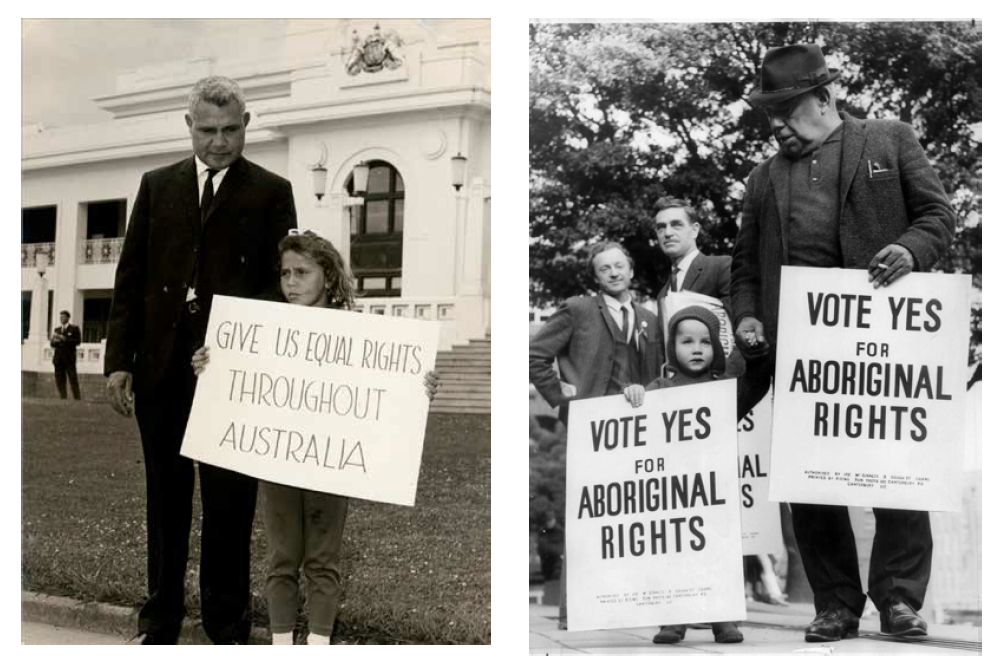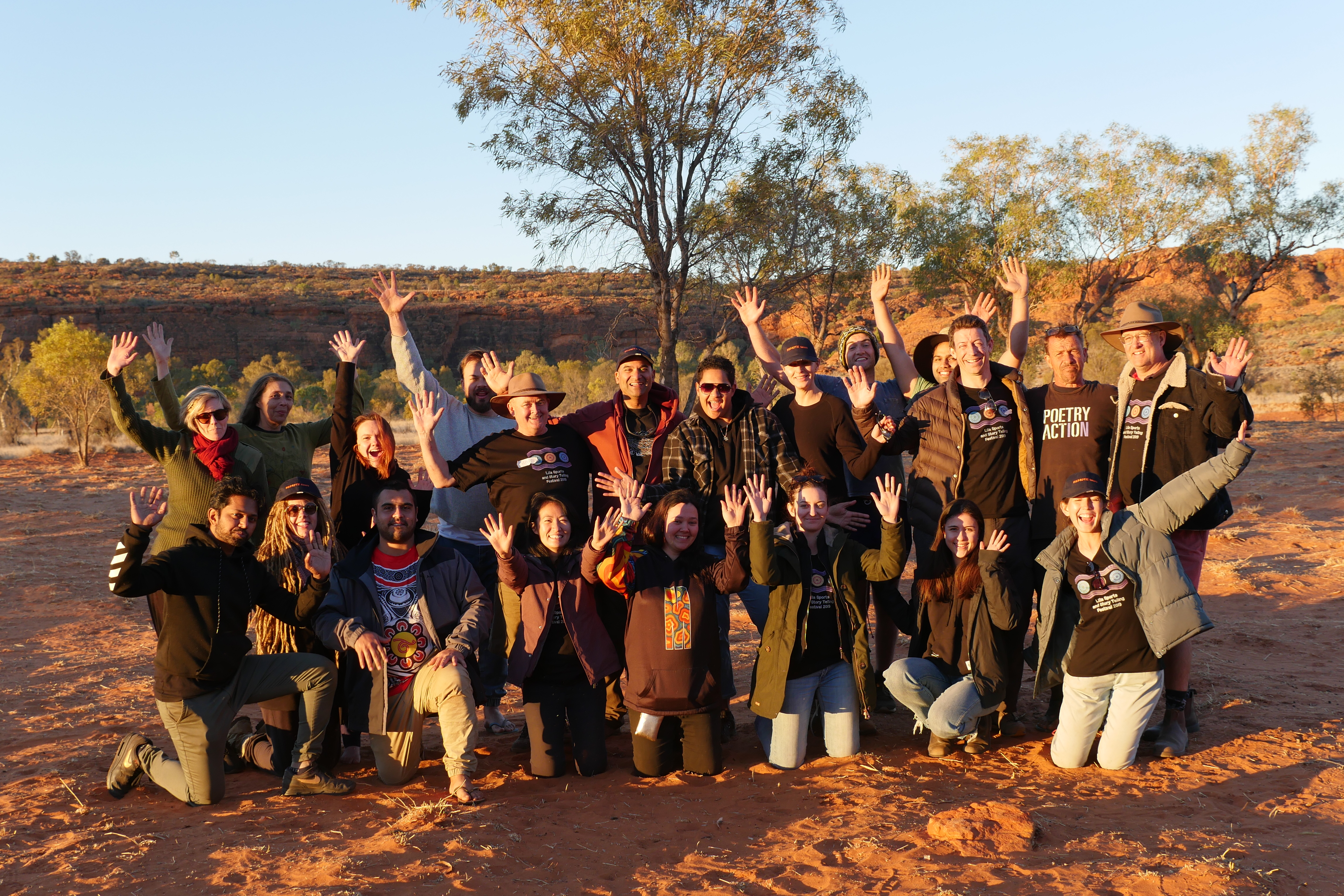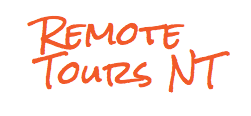This week marks the 52nd anniversary of the 1967 Referendum, a historical landmark for Indigenous Australians. On May 27th 1967, Australian’s voted overwhelmingly in favour of amendments to the Australian Constitution in an effort to improve services available to Indigenous Australians.
The changes focused on two sections of the Australian Constitution, both directly discriminating against people of Aboriginal decent. The 1967 Referendum raised community expectations around Aboriginal rights and welfare. With it, a great deal of symbolic significance was carried as it signified the beginning of an unfinished journey to equality.
The Referendum signaled a shift in the way Governments approach Indigenous issues and policy development, a movement away from the assimilationist policies of the last century. The Referendum was a catalyst for a number of future policy changes, including the development of the Land Rights Act in the Northern Territory.

Featured above: Historical pictures from the 1967 Referendum
Every year on June 3rd, Australians commemorate Mabo Day. This day marks the anniversary of the overturn of the fiction of terra nullius (meaning land belonging to no-one) in the landmark Mabo decision of 1992.
The adoption of the term ‘terra nullius’ in the Australian legal system allowed British and Colonial Governments to claim that Australia and the Torres Strait Islands were not owned by Indigenous peoples due to the perception that they did not ‘use’ the land in ways the Europeans believed constituted legal possession.
Eddie Koiki Mabo, from Mer island in the Torres Strait, spent the last decade of his life fighting the concept of terra nullius by seeking official recognition of his people’s ownership of Mer. On June 3rd, 1992, the High Court of Australia agreed and rejected the doctrine that Australia was terra nullius at the time of European settlement. This was a momentous achievement as the decision acknowledged the long history of Indigenous dispossession in Australia and the importance of Country to Aboriginal and Torres Strait Islander peoples. Sadly, Edie Mabo died just 5 months before this historic decision was made.
Since the Mabo decision of 1992, Aboriginal and Torres Strait Islander peoples have made hundreds of successful native title claims to the land they and their ancestors have occupied for thousands of years. The Mabo decision eventually led to the National Native Title Tribunal; an independent agency established by the Native Title Act, 1993.
Our focus on education and addressing inequality stems from a desire for the Watarrka community to remain a thriving, independent and self-reliant community living on ancestral land. Reconciliation week is a reminder of the importance of this and our role in ensuring it is achieved.
Over the years, the Foundation has been addressing inequality through projects in partnership with the Watarrka and Areyonga schools, including:
- Delivering the annual Sports & Storytelling Festival which brings together students from local schools for a 3 day educational, active and fun experience
- Implementing the Fat Bikes program – using fitness to motivate students to attend school
- Assisting with the establishment and maintenance of fruit & vegetable gardens
- Assisting with upgrading sporting facilities including the basketball court and playground
- Periodic collection and delivery of donated clothes and other goods such as sporting equipment

The Foundation has also been Improving access to education through our partnerships, including:
- Our involvement with establishing a senior classroom at the Watarrka School (including upgrades to school equipment and facilities)
- Our ongoing project to establish a Secondary School campus in conjunction with metropolitan school - http://www.watarrkafoundation.org.au/projects/Secondary_School
- Staff training being included as part of the annual Sports and Storytelling Festival, ensuring our teachers are providing the best level of education to the students of Watarrka
The Watarrka Foundation will continue to advocate for Indigenous rights by contributing as much as we can to the members of the Watarrka community.
To support the Foundation and our projects within the Northern Territory, make a
donation at www.givenow.com.au/watarrkafoundation






Copyright © 2026 All Rights Reserved | Privacy | Terms & Conditions